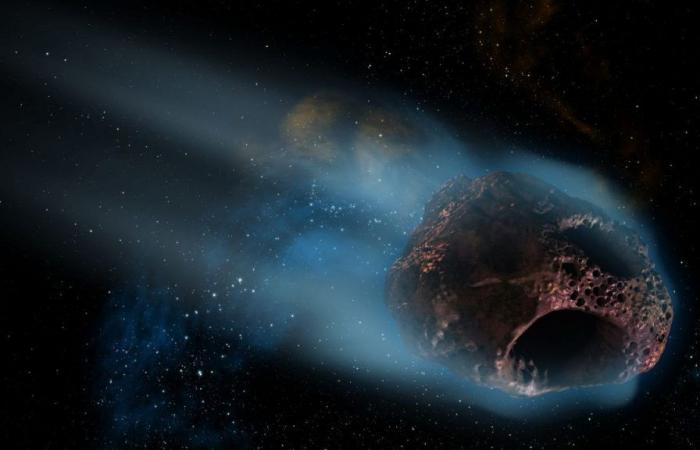World Asteroid Day, observed annually on June 30, marks the anniversary of the 1908 Tunguska Event, the largest asteroid impact on Earth in recent history. This day aims to raise public awareness of the potential risks of asteroid impacts and promote efforts to protect our planet from catastrophic collisions.
Historical context and impact of Tunguska
On June 30, 1908, a massive explosion, likely caused by an asteroid approximately 50 meters in diameter, devastated 2,000 square kilometers of Siberian taiga. This natural disaster, releasing energy equivalent to 10-15 megatons of TNT, serves as a powerful preamble for the need to monitor celestial objects.
Challenges of space surveillance
The study and monitoring of asteroids is not only a matter of scientific curiosity but also a response to a planetary security imperative. Several international programs, such as NASA’s “Planetary Defense Coordination Office,” are working to detect and track asteroids that could pose a threat to Earth. To date, tens of thousands of celestial objects have been catalogued, but experts believe that many remain to be discovered.
Asteroid Deflection Techniques
Preventing a devastating impact involves developing techniques to alter the trajectory of threatening asteroids. Methods such as gravity deflection, kinetic impactor, or the use of nuclear weapons are being studied for their feasibility and effectiveness. In November 2021, NASA’s Double Asteroid Redirection Test (DART) mission was launched to test kinetic impactor technology on the asteroid Dimorphos.
International cooperation and initiatives
Managing asteroid threats requires strong international cooperation. Organizations such as the UN, through COPUOS (United Nations Committee on the Peaceful Uses of Outer Space), play a key role in coordinating international efforts. The framework of the “International Asteroid Risk Reduction Strategy” illustrates the global commitment to prevent asteroid impacts.
- Increased awareness: Educate the public about risks and possible prevention measures.
- Advanced search : Invest in technology and research to better understand the characteristics of asteroids.
- Information sharing: Exchange data between nations for more effective surveillance.
The urgency to act
World Asteroid Day serves as a solemn reminder that our planet is not immune to cosmic dangers. The need for deflection technologies, the implementation of international prevention policies, and public education are essential to counter these potential threats. As we continue to explore space, protecting our world remains an undeniable priority.
Our site is a Google News approved media.
Add Media24.fr to your favorites list so you don’t miss any news!
Join us in one click






